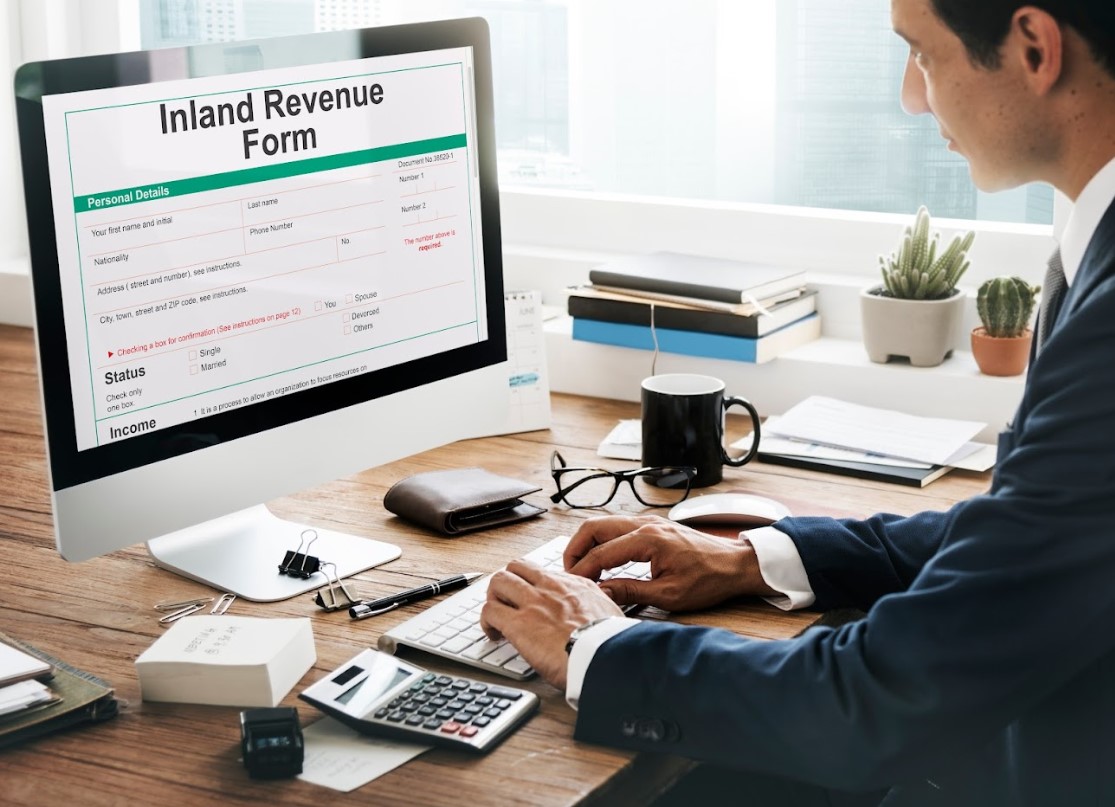
What You Need to Know about Singapore Withholding Tax
As an international financial hub that powers Asia, Singapore deals with cross border transactions in volumes every day. Managing the tax services relating to cross border issues can be complex, especially withholding tax. It is therefore crucial for taxpayers to understand the mechanism of this tax, more so for accountants, comptrollers, and tax leaders of an organisation.
This article will cover tax residency of a company and the types of payments to non-residents that would be subject to withholding tax.
Read more: Incorporating a Company in Singapore: What You Should Know
What is Withholding Tax (WHT)?
Withholding tax is a tax collection mechanism to facilitate and ensure the collection of tax due from non-resident persons on specified categories of Singapore-sourced or deemed Singapore-sourced income.
A payer who makes certain types of payments to a non-resident is obliged to withhold tax on the gross payments and remit the tax withheld to the Inland Revenue Authority of Singapore (IRAS) within a stipulated time frame.
Tax Residency of a Company
Under Singapore tax law, tax residency of a company is determined by the place in which the business is controlled and managed. A company is considered a Singapore tax resident if the control and management of its business are exercised in Singapore.
One key factor in determining ‘control and management’ is the location of the Board of Directors meetings (i.e. the location where strategic decisions of the company are made).
On the other hand, a Singapore branch office of a foreign company is regarded as a non-resident of Singapore as it is generally controlled and managed by its overseas parent company.
What Type of Payments are Subject to Withholding Tax?
Pursuant to Section 45 of the Singapore Income Tax Act 1947, the following payments made to non-resident persons are subject to withholding tax:
- Interest, commissions or fees in connection with any loan or indebtedness
- Royalties or other payments for the use of or the right to use any movable property
- Payments for the use of or the right to use scientific, technical, industrial or commercial knowledge or information or for the rendering of assistance or service in connection with the application or use of such knowledge or information
- Non-resident Director’s remuneration
- Certain distributions by unit trusts
- Gains from trading in real properties
- Withdrawals from Supplementary Retirement Scheme (SRS) accounts by non-citizen SRS members
- Income from any profession or vocation carried on by non-resident individuals
- Distributions from a real estate investment trust (REIT)
- Income derived from public entertainers
- Commission or other payment of licensed international market agent
The withholding tax rate depends on the type of payment to the non-resident person. It ranges between 10% to 17% (Refer here on the IRAS website). Lower withholding tax rates may apply if the non-resident person is a tax resident of a country which has a Double Tax Agreement (DTA) with Singapore.
When to File Withholding Tax?
A payer has to file the online withholding tax form (IR37) and pay the withholding tax to the IRAS by the 15th of the second month from the date of payment to the non-resident (“due date”).
If the withholding tax is not paid by the due date, a 5% late payment penalty will be imposed. If the withholding tax remains unpaid 30 days after the due date, an additional 1% penalty of the unpaid tax will be levied for each completed month, subject to a maximum of 15%. Thus, the maximum late payment penalty is 20%.
How to File Section 45 Withholding Tax?
A payer should log into the IRAS’ MyTaxPortal using a Corppass account to file the online withholding tax form (IR37). Thereafter, the payer can choose its preferred payment methods such as, bank transfer, interbank GIRO or telegraphic transfer to settle the tax liability.
To ensure accuracy and compliance, organisations may also engage professional tax services to assist with the filing and payment process.
Conclusion
We know that tax obligation is important for every organisation to stay compliant. A good tax record reflects well on the company’s reputation. Hence, taxes such as withholding tax must be adhered to in its due time.
Whether it is withholding tax, corporate tax, or personal tax, the certified tax professionals at Ledgen Group are able to help clients comply with regulations and work to the best interest of the client organisation. We have provided solutions relating to withholding tax that has resulted in great client satisfaction and compliance with the local authority.
Contact Ledgen for a better management of withholding tax today.
Get in touch and discover how we can help
Got a question or inquiry? Come talk to us today.
Contact Us


